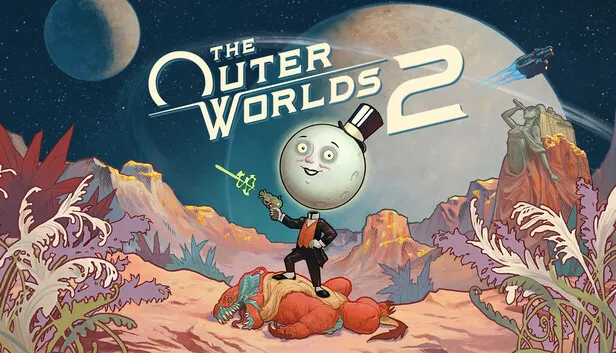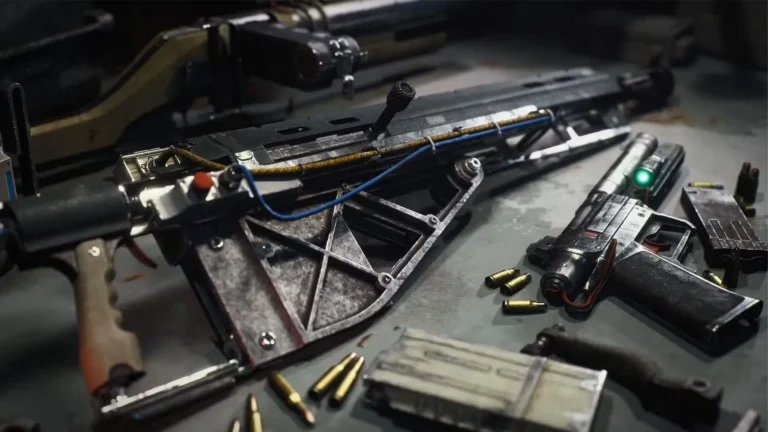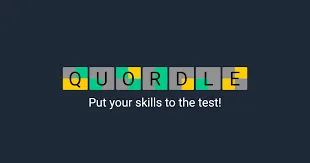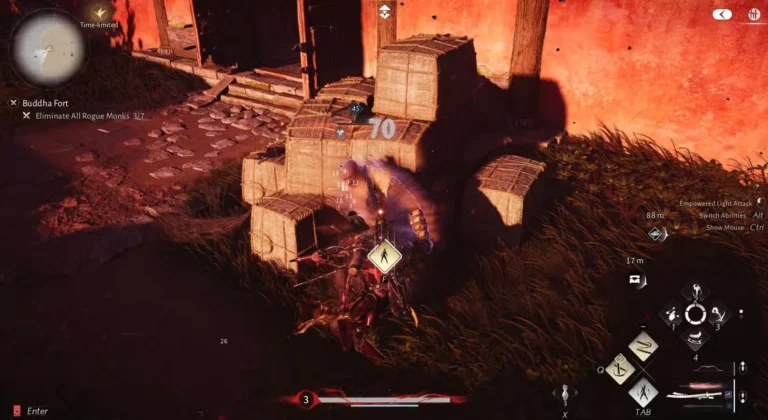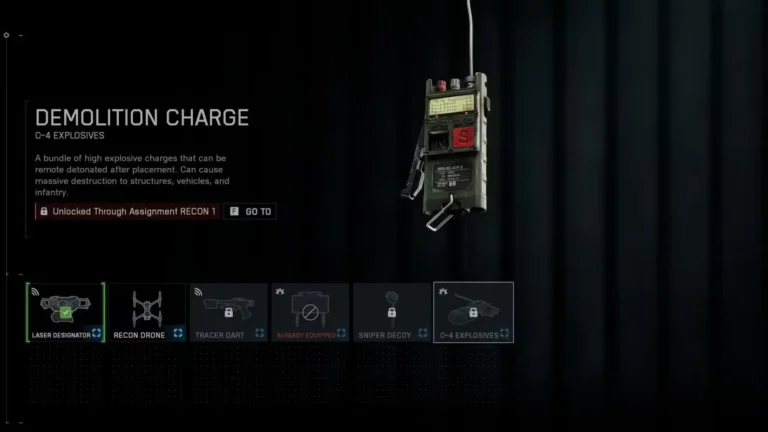The Outer Worlds 2: Complete Guide to Negative Traits and Which One to Pick
Should you take a Negative Trait in The Outer Worlds 2? This guide ranks all three options—Sickly, Dumb, and Abrasive—to help you choose wisely or avoid them entirely.
So you’re in The Outer Worlds 2 character creator, staring at the trait selection screen, and the game just offered you a deal: pick a third trait, but you have to accept a Negative Trait in exchange. Is it worth it? And if you’re going to take the plunge, which negative trait will hurt the least?
I’ve tested all three extensively across multiple playthroughs, and I’m here to tell you exactly which negative traits are manageable, which ones are situationally acceptable, and which one you should absolutely avoid unless you enjoy pain. Let’s break down this devil’s bargain.
Understanding the Negative Trait System
Before we rank these traits, let’s clarify how this system actually works in character creation.
The rules:
- You can pick one trait with no penalty
- Want a second trait? Still no penalty
- Want a third trait? Now you must accept one Negative Trait
The trade-off question:
Is getting a third positive trait worth accepting permanent drawbacks? That depends entirely on which negative trait you’re willing to live with and which positive trait you’re gaining. Sometimes it’s absolutely worth it. Other times? You’re sabotaging yourself for marginal gains.
The Three Negative Traits: Ranked from Best to Worst
1st Place: Sickly (The Manageable Option)
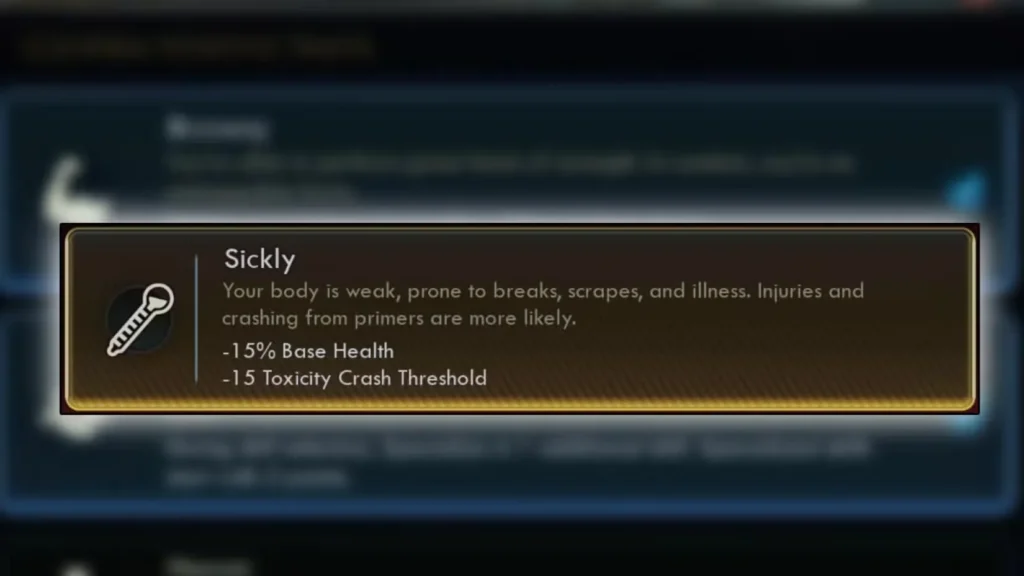
Description: Your body is weak, prone to breaks, scrapes, and illness. Injuries and crashing from primers are more likely.
Effects:
- -15% Base Health
- -15 Toxicity Crash Threshold
Why it’s the best negative trait:
Here’s the thing about Sickly—it hurts, but it’s not crippling. Yes, you have less health. Yes, you can’t spam your Medical Inhaler as much before toxicity crashes. But unlike the other negative traits, Sickly’s drawbacks can be directly compensated for through gameplay and build choices.
How to mitigate Sickly:
Armor and mods: Keep your armor upgraded and install defensive mods. The damage reduction from good gear effectively increases your effective health pool.
Engineering skill: Investing points in Engineering grants +1% damage resistance per level, which multiplies with your armor to keep you alive longer.
Health-boosting perks: The Bulletshield perk (+10% base health, +10% damage resistance) directly counters Sickly’s health penalty. Serial Killer perk can add hundreds of health if you’re willing to collect hearts.
Medical skill investment: A few points in Medical increases your Toxicity Crash Threshold, partially offsetting the negative trait’s effect.
Shield gadgets: Grab the Gas-Energy Deflection Apparatus early for an additional defensive layer.
The bottom line: Sickly makes you squishier, but smart players can work around it through gear optimization and build choices. It doesn’t lock you out of content, limit your skill options, or restrict how you interact with the world.
Best for: Any build that can invest in defensive perks and gear. Basically everyone except the most glass-cannon offensive builds.
2nd Place: Dumb (The Specialist’s Choice)
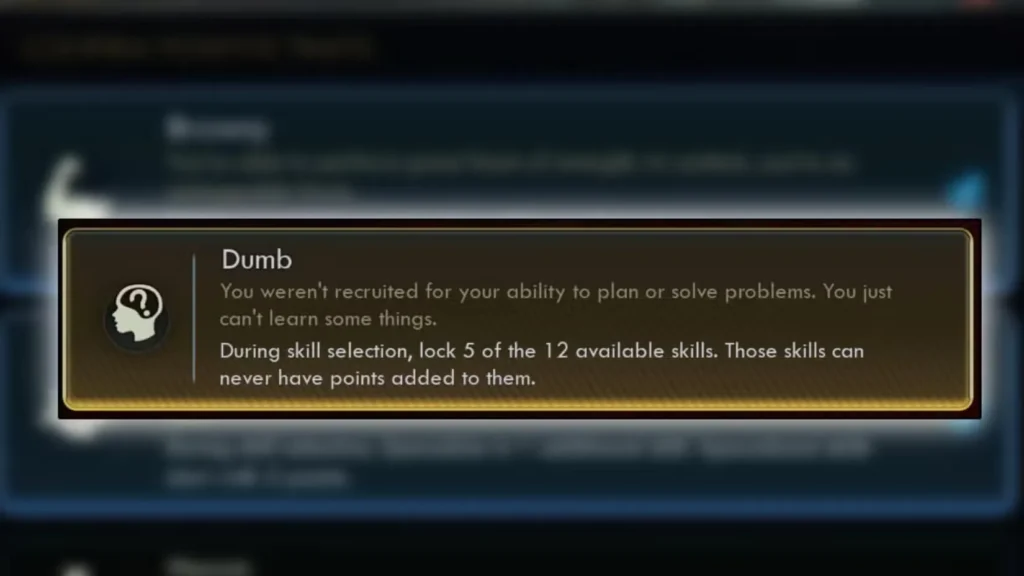
Description: You weren’t recruited for your ability to plan or solve problems. You just can’t learn some things.
Effects:
- During skill selection, lock 5 of the 12 available skills
- Those skills can never have points added to them
Why it’s situationally acceptable:
Dumb is the definition of a double-edged sword. On one hand, losing access to five entire skills sounds catastrophic. On the other hand, if you’re building a hyper-specialized character who wouldn’t use those skills anyway, what exactly are you losing?
When Dumb actually works:
Pure combat builds: Lock Science, Engineering, Speech, Hack, and Lockpick. Focus exclusively on Guns, Melee, Medical, Explosives, and maybe Observation for weakspot damage.
Melee bruiser: You’re punching everything anyway. Who needs hacking when you can just break down the door?
Trigger-happy mercenary: Talking is for people with low DPS. Lock all the social and technical skills.
Specialized playstyles: If you absolutely know you’re doing a specific build and won’t deviate, Dumb lets you maximize that specialization while keeping your full health pool.
When Dumb is a terrible idea:
First playthroughs: You don’t know what skills you’ll need yet. Locking five skills on your first run is asking for regret.
Flexible builds: Want to talk your way through some situations but fight through others? Dumb kills that versatility.
Completionist runs: Many side quests and secret areas require specific skills. Locking yourself out means missing content.
Exploration focus: Finding all the hidden areas and collectibles often requires Lockpick, Hack, or Engineering at various points.
The reality check:
Most players think they want a specialized build, then 10 hours in they’re frustrated they can’t hack a terminal or pick a lock. The Outer Worlds 2 rewards versatility and player choice—intentionally limiting yourself goes against the game’s core design philosophy.
Best for: Experienced players doing specialized challenge runs or second/third playthroughs with a specific concept in mind.
3rd Place: Abrasive (The Run-Killer)
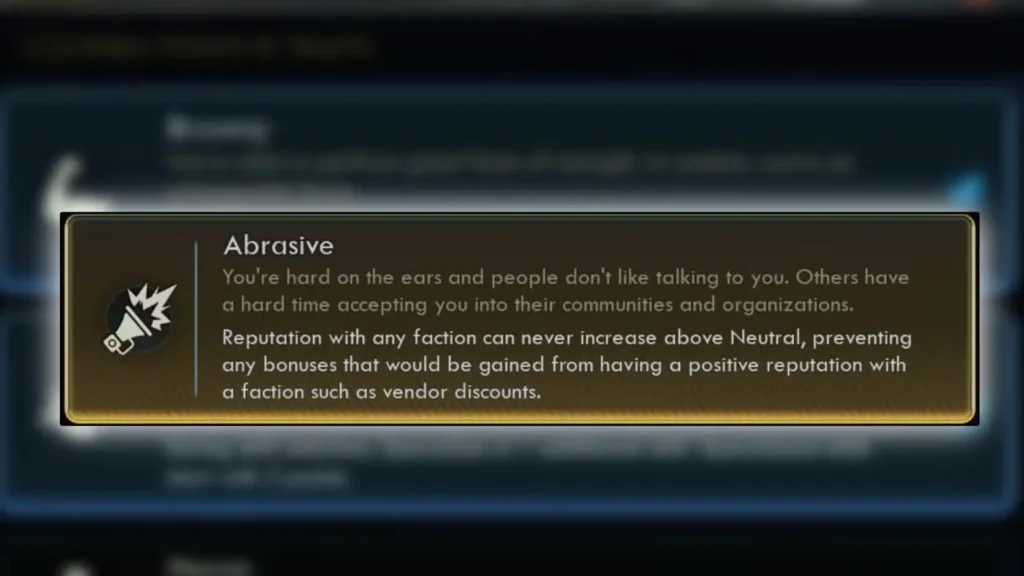
Description: You’re hard on the ears and people don’t like talking to you. Others have a hard time accepting you into their communities and organizations.
Effects:
- Reputations with any faction can never increase above Neutral
- Prevents any bonuses from positive faction reputation
- Can still decrease reputation and become hated
Why it’s the worst:
Abrasive doesn’t just make the game harder—it fundamentally breaks major systems and locks you out of content. Let me be crystal clear: unless you have a very specific reason for choosing this, don’t pick Abrasive.
What you’re actually losing:
Vendor prices: Neutral reputation means no discounts. You’ll pay full price for everything while earning less from sales.
Quest options: Many quests have alternative solutions or bonus objectives that require positive faction reputation.
Dialogue choices: Special conversation options tied to faction standing become inaccessible.
Story outcomes: Some endings and story variations require good standing with specific factions.
Gameplay variety: Part of The Outer Worlds’ appeal is navigating faction politics. Abrasive removes this entire layer.
The cruel irony:
You can still tank your reputation and become hated by factions—Abrasive just prevents you from ever improving it. It’s the worst of both worlds: you get all the downsides of bad reputation without any ability to recover or build positive relationships.
The ONLY reason to pick Abrasive:
You’re deliberately doing a “hated by everyone” challenge run where you want to see how the game plays when all factions despise you. That’s it. That’s the only scenario where this makes sense.
Best for: Masochists, challenge runners, and people on their fifth playthrough who’ve seen everything else.
Should You Even Take a Negative Trait?
Now that we’ve ranked them, let’s address the elephant in the room: should you take a negative trait at all?
Arguments FOR taking a negative trait (Sickly specifically):
Three positive traits: Some trait combinations are genuinely powerful. Resilient + Brilliant + Lucky with Sickly as the penalty? That’s a strong build.
Manageable drawbacks: Sickly’s penalties can be compensated for through gameplay, making it a temporary disadvantage that becomes negligible as you progress.
Build optimization: If that third positive trait completes your character concept perfectly, Sickly is a small price to pay.
Arguments AGAINST taking any negative trait:
It’s optional: You get two positive traits for free. That’s already pretty good.
Permanent penalty: You’re stuck with the drawback for the entire playthrough. No respecing out of negative traits.
First playthrough uncertainty: If you don’t know the game well, adding self-imposed challenges is risky.
The value proposition: Is that third positive trait worth 15% less health? Run the math for your specific build.
Recommended Choices by Build Type
Here’s my practical advice based on different character builds:
Combat-Heavy Builds
Recommendation: Take Dumb, lock non-combat skills Why: You’re not using technical or social skills anyway. Keep your health pool intact and focus on what you do best—shooting things.
Balanced/Versatile Builds
Recommendation: Take Sickly or skip negative traits entirely Why: You want access to all skills for maximum flexibility. Sickly is manageable; Dumb locks you out of options.
Dialogue/Stealth Builds
Recommendation: Take Sickly Why: You’re avoiding combat when possible, so lower health matters less. You need access to Speech, Hack, Lockpick, etc.
Tank Builds
Recommendation: Skip negative traits or carefully consider Dumb Why: Tank builds can recover from Sickly easily, but they also might not need a third positive trait.
First Playthrough
Recommendation: Skip negative traits entirely Why: Learn the game first. Min-max on subsequent playthroughs when you understand the systems.
Challenge Runs
Recommendation: Any negative trait, depending on your challenge parameters Why: If you’re doing a challenge run, embrace the chaos.
The Math: Is That Third Trait Worth It?
Let’s be practical about this. Here are some scenarios where the trade-off makes sense:
Worth it:
- Brilliant + Heroic + Resilient with Sickly: The extra skill point and survivability tools outweigh 15% health
- Lucky + Nimble + Innovative with Dumb (combat build): Lock technical skills, maximize combat efficiency
- Suave + Witty + any third trait with Sickly: The social bonuses are huge, and you can work around lower health
Probably not worth it:
- Any combination with Abrasive: Unless you have a specific narrative reason, this trade is rarely worth it
- Mediocre trait combos with Sickly/Dumb: If your third positive trait is just “nice to have,” the penalty isn’t worth it
Advanced Strategy: Compensating for Negative Traits
If you do take a negative trait, here’s how to minimize the pain:
Compensating for Sickly
- Prioritize Engineering skill (+damage resistance)
- Grab Bulletshield perk early
- Install defensive armor mods
- Use shield gadgets effectively
- Consider Resilient trait for the “second life” mechanic
- Play more cautiously and use cover
Compensating for Dumb
- Plan your five locked skills before starting
- Choose skills you genuinely won’t use for your build
- Accept that some content will be inaccessible
- Focus on alternative solutions (shooting instead of talking, etc.)
- Optimize your weapon loadout to handle various combat scenarios
“Compensating” for Abrasive
- You can’t, really. Just… don’t pick it unless you know exactly what you’re doing
Common Mistakes to Avoid
Taking Abrasive casually: It seems like a minor inconvenience. It’s not. It’s game-breaking for normal playthroughs.
Picking Dumb on first playthrough: You don’t know which skills you’ll need yet. Give yourself flexibility.
Underestimating Sickly’s impact: While manageable, 15% health loss is significant. Don’t ignore defensive options.
Forgetting it’s permanent: You’re stuck with your choice. There’s no respec for negative traits.
Not planning around it: If you take a negative trait, build your character to minimize its impact.
The Verdict: Which Should You Pick?
For most players: Either skip negative traits entirely OR take Sickly. It’s the only one that doesn’t fundamentally limit your gameplay options.
For specialized builds: Dumb can work if you’re absolutely certain about your build and won’t deviate.
For basically everyone: Never take Abrasive unless you’re intentionally doing a challenge run.
The honest truth? Two positive traits is plenty for most characters. That third trait is tempting, but it’s not mandatory for a successful build. If you’re on the fence, err on the side of caution and skip the negative trait entirely.
But if you’re determined to min-max and want three positive traits, Sickly is your answer. The health penalty hurts, but it won’t lock you out of content, limit your skill choices, or prevent you from engaging with the game’s faction systems.
Final Thoughts: Don’t Overthink It
The Outer Worlds 2 is designed to be flexible and forgiving. No character creation choice completely ruins your playthrough (except maybe Abrasive, but we’ve covered that). If you take Sickly and regret it? Adjust your playstyle, invest in defensive options, and you’ll be fine.
The beauty of The Outer Worlds has always been player agency and adaptation. Your negative trait is just one variable among dozens that define your character. Build smart, play to your strengths, and you’ll thrive in the Arcadian system regardless.
For more help optimizing your character, check out our complete guides on character creation, early game priorities, and essential beginner tips.
Now go forth and make whatever terrible decisions feel right for your character. Just maybe not Abrasive. Please.

